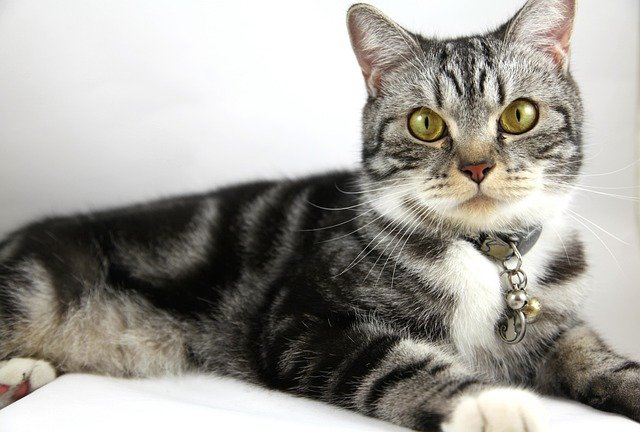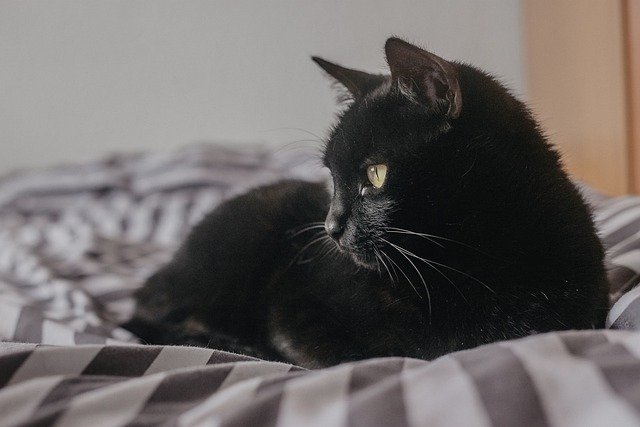When you’re enjoying a delicious snack in front of your beloved pet, they are very curious about this. They always want same snack as you have. Then you offer them these snacks generally. But you have to know about safety of these snacks for your cat before feeding them. When this snack’s name is cheese, many cat owners wonder, “Can cat eat cheese?” Is it safe or not? These are very common and important questions. The answer is a bit more complicated than a simple yes or no. Here, we’ll explore whether cheese is safe for cats, its potential health benefits, and the risks to consider. So, let’s dive into the details to know the pros and cons of feeding cheese to your cat. By understanding these you can ensure your pet’s diet stays healthy.
Table of Contents
What Is Cheese?
Cheese is a type of dairy product. It is very popular to humans as a snack. Pets love this too. It has a rich source of several important nutrients, including Protein, Calcium, Fat, Vitamins and Minerals. It is made by coagulation of milk to separate its solid curds from the liquid whey. It may be a rich variety of types and flavors. These variety depend on factors like the type of milk used, the bacteria or mold involved and the processing methods.
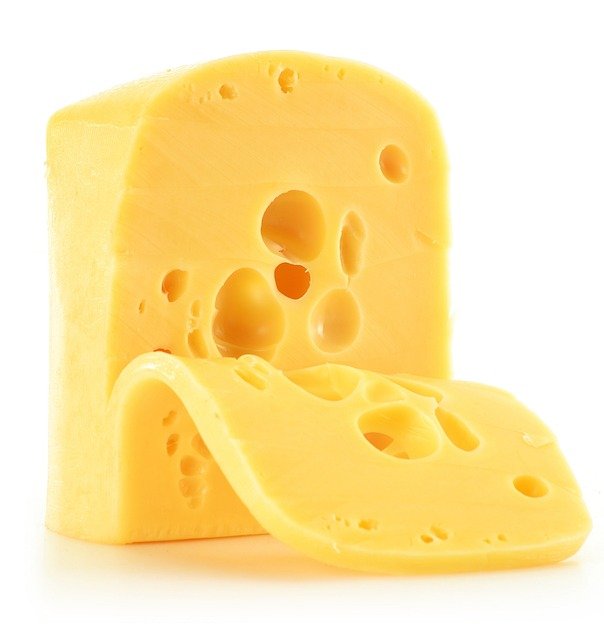
Can Cat Eat Cheese?
The answer of that desired query “Can cat eat cheese?” is simply yes. But there are some consideration. Cats can eat cheese in small amounts. You can use it as a simple treat for your cats, but it’s not a necessary or ideal part of their diet. Cheese is made from milk, and while it’s a tasty treat for us humans. It has high nutrients value. Many cats are lactose intolerant. Their digestive system cannot break down lactose, the sugar found in milk and dairy products like cheese. As a result, feeding cheese to your cat may lead to digestive issues.

Potential Health Risks of Cheese for Cats
Before offering your cat a slice of cheese, you have to know about can cat eat cheese? and potential health risks of cheese for your feline companions. There are several risks you should consider:
- Lactose Intolerance: The most common issue with feeding cheese to cats is lactose intolerance. While some cats may tolerate small amounts of dairy, others will experience upset stomach, diarrhea, and vomiting. This occurs because their bodies lack the enzyme lactase, which is needed to digest lactose.
- High Fat Content: Cheese is rich in fat, and consuming too much can lead to obesity or digestive issues for your cat. Regular consumption of high-fat foods like cheese can contribute to weight gain and increase the risk of heart disease, diabetes, and pancreatitis in your cats.
- Sodium Levels: Cheese can be high in sodium, which is harmful to cats when consumed in large amounts. Too much salt can lead to dehydration, kidney problems, and in extreme cases, sodium poisoning. Cats with pre-existing health conditions, especially kidney disease, should avoid salty treats altogether.
Are There Any Benefits to Cats Eating Cheese?
While you offer cheese to your beloved pet in moderation carefully, there are a few potential benefits that are given below:
- Protein: Cheese contains protein, which is essential for cats as obligate carnivores. Protein helps in muscle development, tissue repair, and overall bodily functions. However, there are far better sources of protein for cats, such as lean meats like chicken or turkey.
- Calcium: Like many dairy products, cheese is rich in calcium, which is vital for maintaining strong bones and teeth. Again, cats typically get the calcium they need from high-quality commercial cat food that is specially formulated to meet their nutritional needs.
- Vitamins and Minerals: As a dairy product Cheese contains vitamins A, B12, and riboflavin, as well as minerals like phosphorus and zinc. These ingredients may help your cats and keep them healthy.
How Much Cheese Can Cats Safely Eat?
By reading and understanding all terms about “can cat eat cheese?” discussed in the above, if you do decide to offer your cat a little cheese, keep it to a minimal amount. Make it small pieces (about the size of a fingernail) once in a while is unlikely to harm most cats, but it should never replace their main diet of high-quality cat food. Remember, cheese should only be given as an occasional treat. After feeding cheese you have to check-out your cats very carefully. If your cat reacts negatively after consuming this, discontinue offering it. If you find any signs of discomfort, like bloating, diarrhea, or vomiting, consult your veterinarian for further advice.
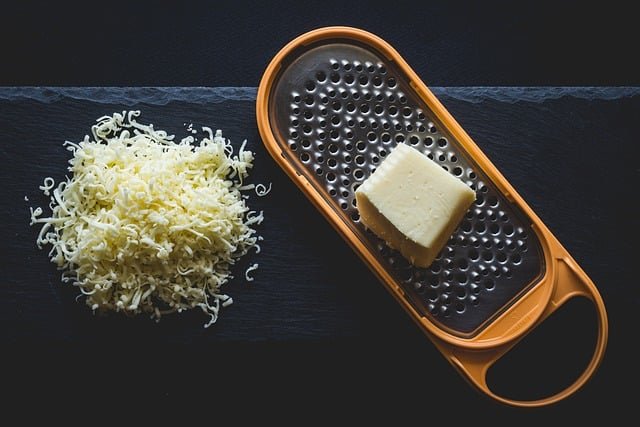
Alternatives to Cheese for Cats
As a responsive cat owner, you may search alternative options to cheese for your cats. If you want to treat your cat but avoid the potential downsides of cheese, there are many safer and healthier options for your cats:
- Commercial Cat Treats: Nowadays many pet stores sell specially formulated treats that are not only safe but also provide additional health benefits for your cat. Look for treats that contain vitamins, minerals, and nutrients suited for feline needs.
- Cooked Meat: Cats are obligate carnivores, meaning they thrive on animal-based protein. Offering small pieces of cooked chicken, turkey, or beef can be a much healthier alternative to cheese. Just ensure there are no seasonings, bones, or skin.
- Canned Pumpkin: Plain canned pumpkin (not pumpkin pie filling) can be beneficial for cats, especially those with digestive issues. It’s low in calories and high in fiber, which can help regulate their digestion.
- Catnip: Catnip is another alternative for your cats. Many cats love catnip, and it’s a safe and natural way to keep them entertained. A small pinch of catnip can provide hours of fun for your cat without the risk of digestive issues.
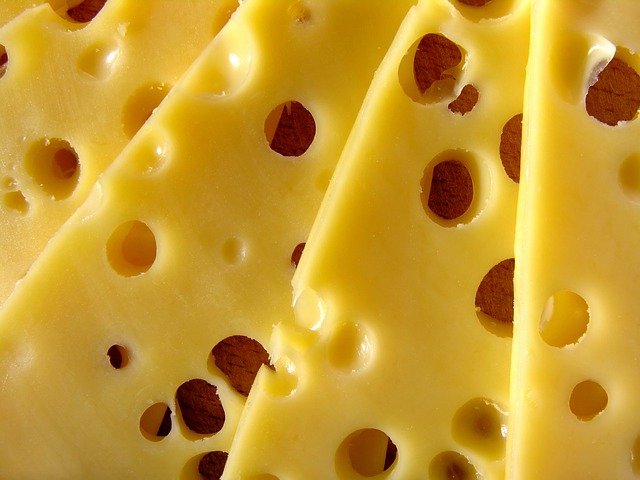
Finally the answer of the question Can cat eat cheese? is positive but some considerations. While cats can technically eat cheese in small amounts, it is not an essential or healthy treat for them. The risks of lactose intolerance, high fat content, and excessive sodium should make you think twice before sharing that piece of cheese with your feline friend. If you want to treat your cat, stick with safer alternatives that are better suited to their dietary needs. Always consult your vet if you’re unsure about what foods are safe for your pet to provide them a healthy and joyful life.

